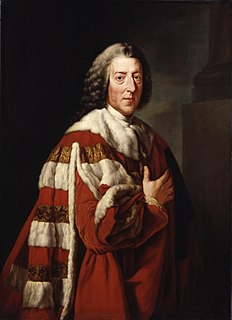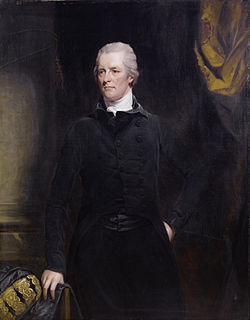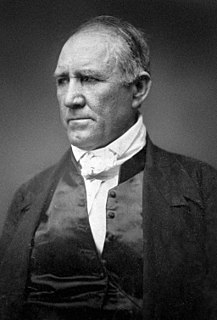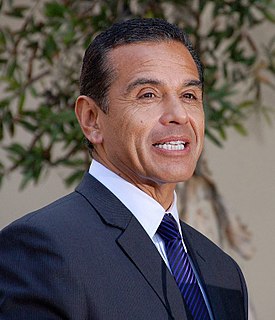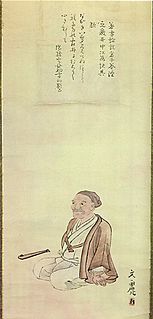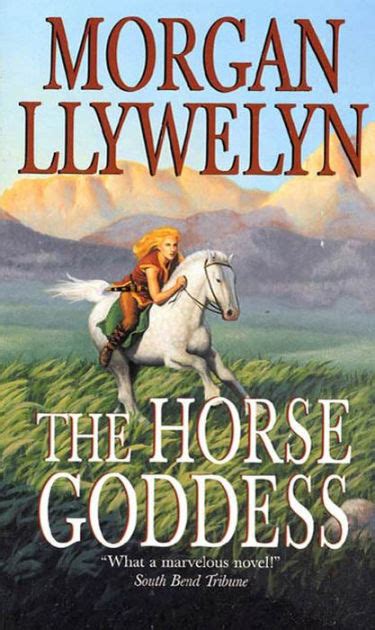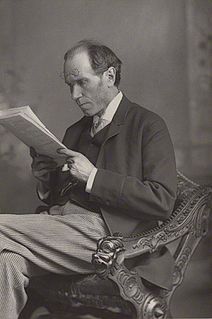A Quote by Tacitus
To abandon your shield is the basest of crimes; nor may a man thus disgraced be present at the sacred rites, or enter their council; many, indeed, after escaping from battle, have ended their infamy with the halter.
Related Quotes
[N]either in war nor yet at law ought any man to use every way of escaping death. For often in battle there is no doubt that if a man will throw away his arms, and fall on his knees before his pursuers, he may escape death; and in other dangers there are other ways of escaping death, if a man is willing to say and do anything. The difficulty, my friends, is not in avoiding death, but in avoiding unrighteousness; for that runs faster than death.
The laws that forbid the carrying of arms...disarm only those who are
neither inclined nor determined to commit crimes. Can it be supposed that
those who have the courage to violate the most sacred laws of humanity...will
respect the less important and arbitrary ones... Such laws make things worse
for the assaulted and better for the assailants, they serve rather to
encourage than to prevent homicides, for an unarmed man may be attacked with
greater confidence than an armed man.
Speak the speech, I pray you, as I pronounced it to you-trippingly on the tongue; but if you mouth it, as many of your players do, I had as lief the town-crier spoke my lines. Nor do not saw the air too much with your hand, thus, but use all gently; for in the very torrent, tempest, and as I may say, the whirlwind of your passion, you must acquire and beget a temperance that may give it smoothness.
We view ourselves on the eve of battle. We are nerved for the contest, and must conquer or perish. It is vain to look for present aid: none is at hand. We must now act or abandon all hope! Rally to the standard, and be no longer the scoff of mercenary tongues! Be men, be free men, that your children may bless their father's name.
I must perish in this deplorable folly. Thus, thus, and not otherwise, shall I be lost. I dread the events of the future, not in themselves, but in their results. I shudder at the thought of any, even the most trivial, incident, which may operate upon this intolerable agitation of soul. I have, indeed, no abhorrence of danger, except in its absolute effect-in terror. In this unnerved-in this pitiable condition-I feel that the period will sooner or later arrive when I must abandon life and reason together, in some struggle with the grim phantasm, FEAR.


